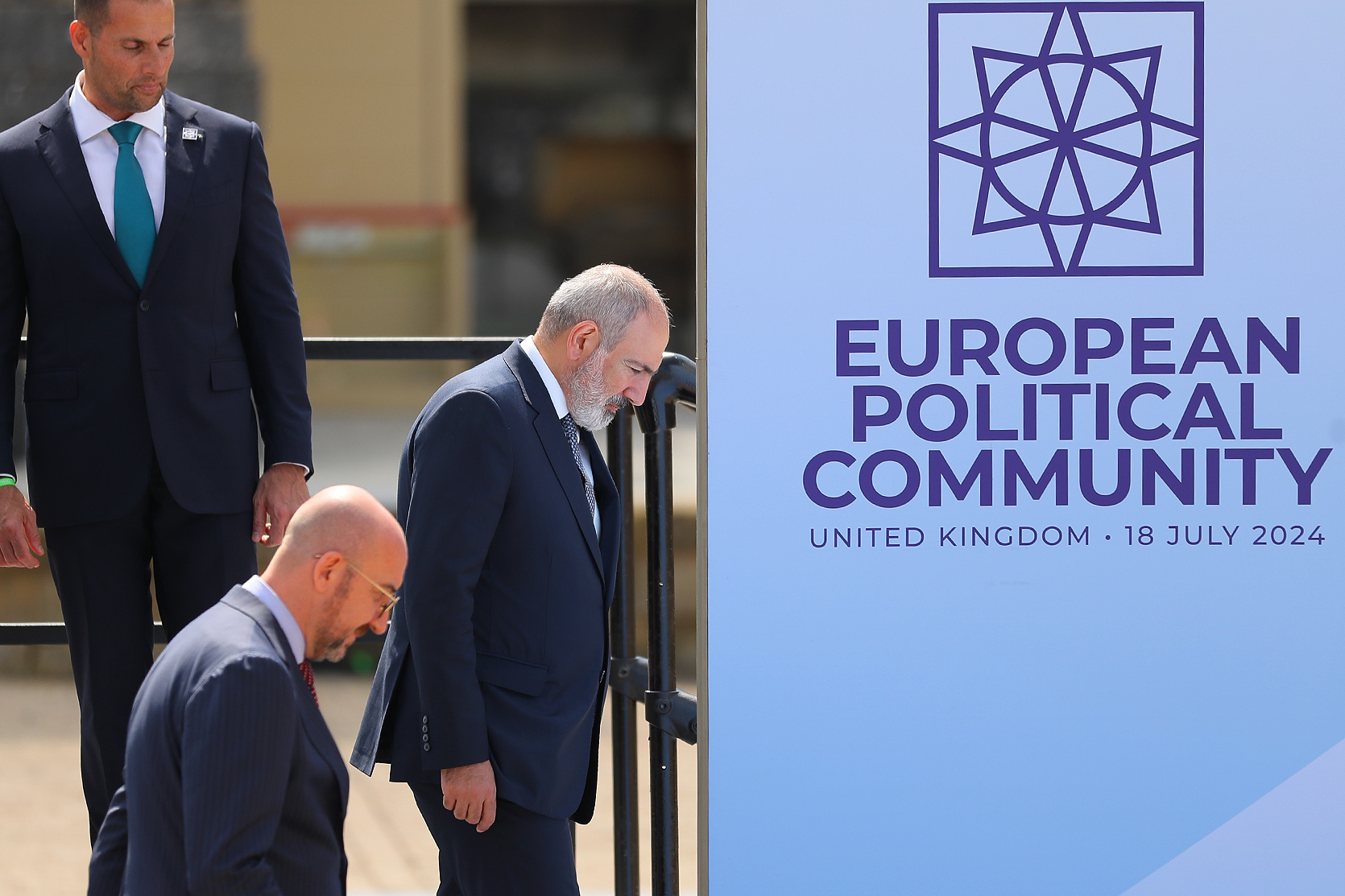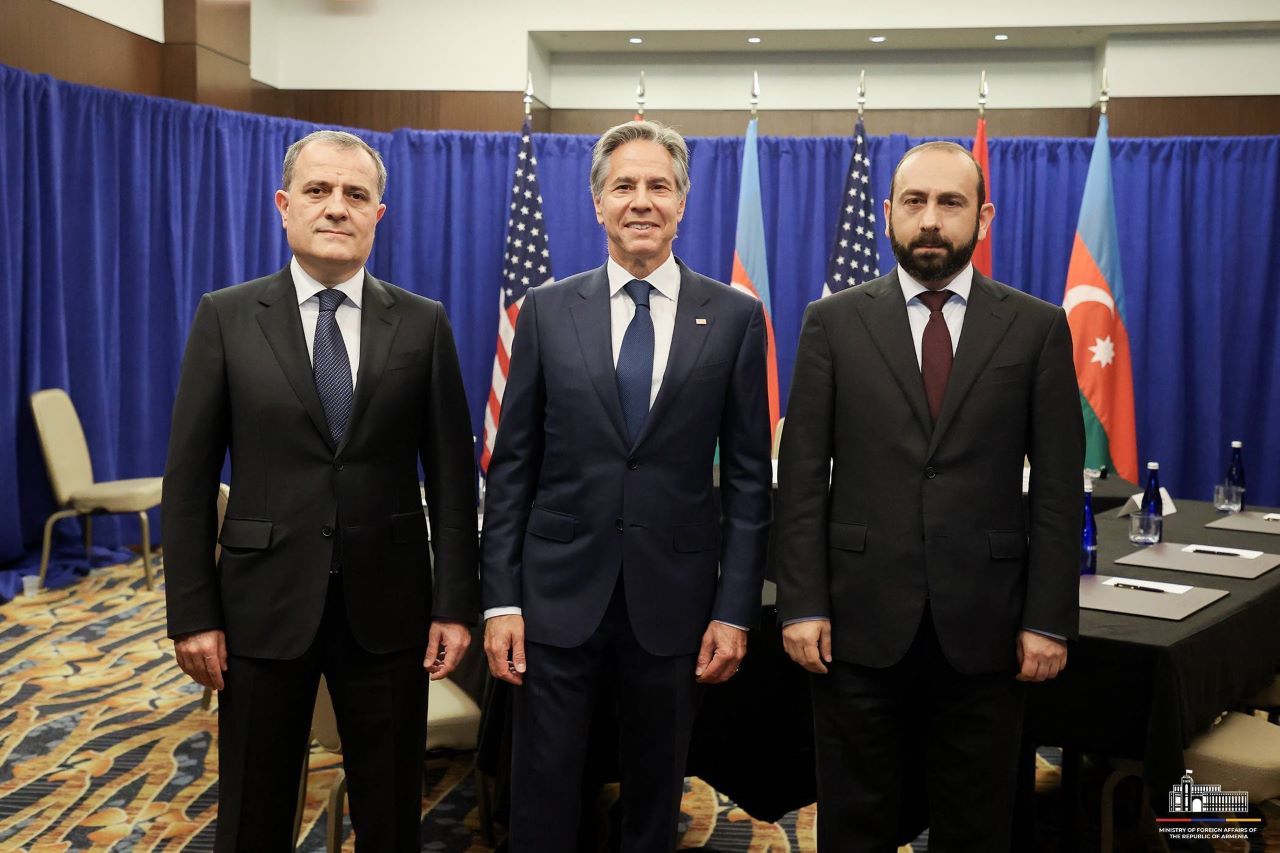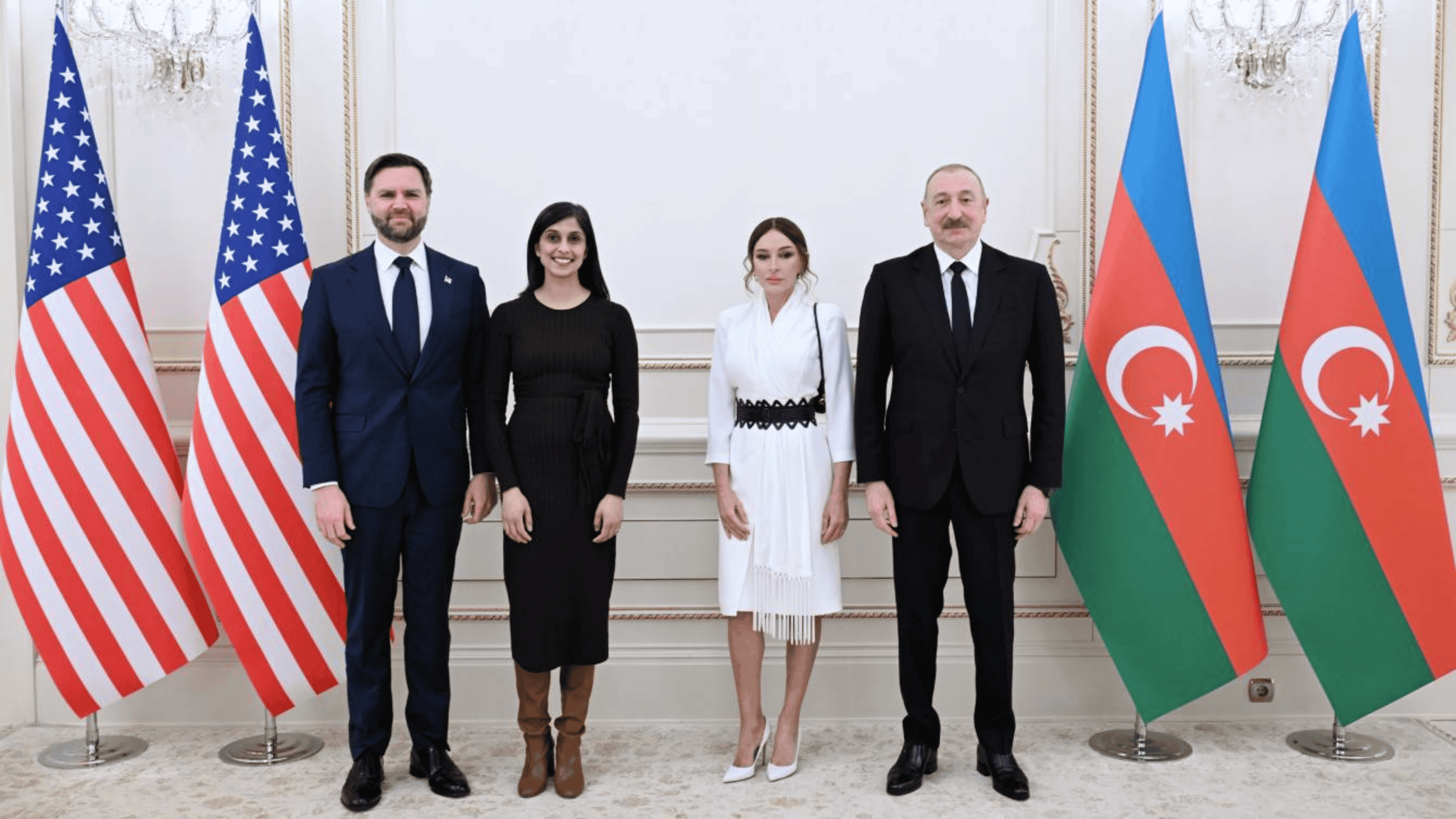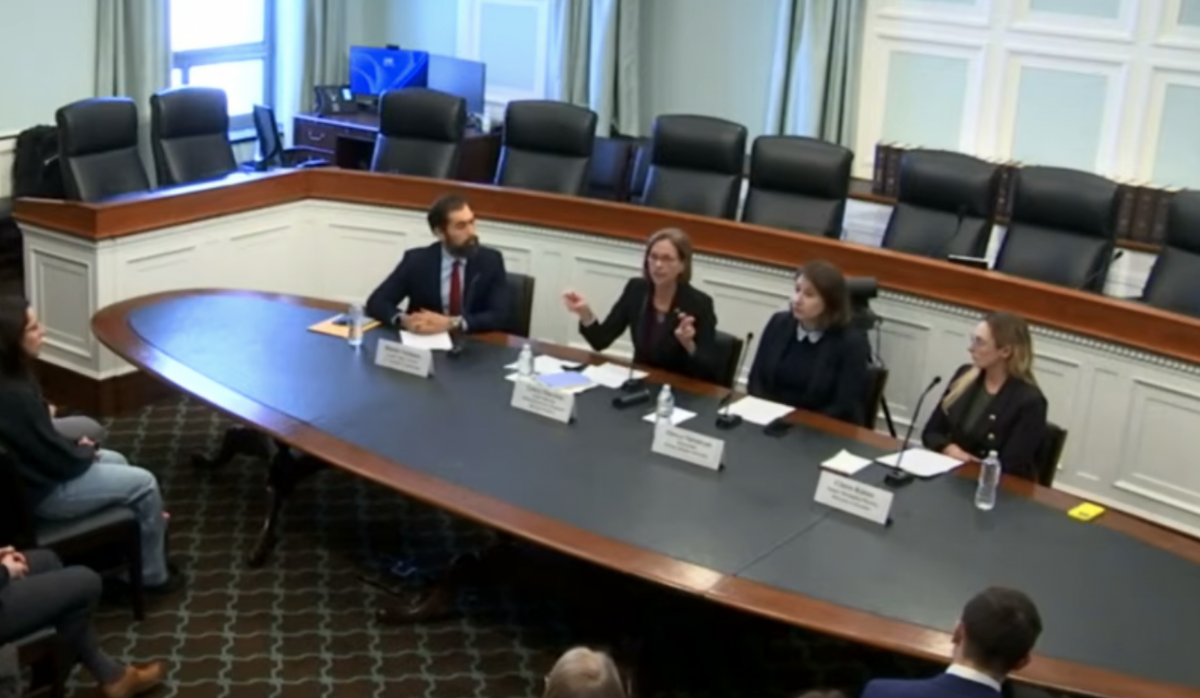"The U.S. has no strong leverage over Baku, but It has a plan": An opinion from Yerevan
Armenia-Azerbaijan border delimitation
James O’Brien, the U.S. Assistant Secretary of State for European and Eurasian Affairs, stated that Armenia and Azerbaijan have reached an agreement on the issue of demarcation and have decided where the border lines should be drawn.
“There are certain territories still occupied by both sides, but it is quite likely that these will be resolved as a result of the border agreement,” he said during a U.S. Senate Foreign Relations Committee meeting.
Political scientist Gurgen Simonyan explains that the U.S. cannot compel Azerbaijan to simply withdraw from occupied Armenian territories through strong leverage. However, he believes the U.S. has other means to address the situation.
“The U.S. approach is to help Armenia get back on its feet, build a new quality army, enhance its defense capabilities, and ensure economic growth,” he told JAMnews.
- Yerevan and Baku “must close the page of hostility” – Statement by Armenian foreign minister
- Will Armenia accept the invitation to attend COP 29 in Baku? Opinion from Yerevan
- “Baku attempts to halt border delimitation process”: Opinion from Yerevan
O’Brien on border demarcation and regional unblocking
During a Senate Foreign Relations Committee hearing, James O’Brien, the U.S. Assistant Secretary of State for European and Eurasian Affairs, addressed the issue of Azerbaijan’s occupation of Armenian sovereign territories. He mentioned that the parties have already reached an agreement on the demarcation process:
“You are correct that there are still certain territories occupied by both sides, but it is quite likely that these will be resolved as part of the border agreement. High-altitude areas are of particular interest in this context. However, I want to emphasize that this is a process being worked on by both sides.”
In the context of resolving relations between Armenia and Azerbaijan, O’Brien also spoke about unblocking regional communications:
“The Central Asian countries are incredibly rich. And right now, their only options to enter the global markets are through Russia or China. If we can open up a route that goes through Azerbaijan and Armenia, then they will have access to global markets and will depend less on Russia and China.”
He reminded that after the 2020 war, Russia guaranteed the safety of Armenians but did not fulfill its commitments, and Baku took control of Nagorno-Karabakh by military means. According to O’Brien, the Armenian population’s attitude towards Russia has changed, and the government decided to withdraw Russian border guards from Zvartnots Airport.
Overall, O’Brien believes that both Yerevan and Baku are disappointed with Moscow’s involvement in their relations.
Commentary
Political scientist Gurgen Simonyan points out the key word “likely” used by O’Brien when discussing the withdrawal of troops from occupied territories:
“Therefore, it is possible that Azerbaijani forces may not leave the sovereign territories of Armenia. The U.S. cannot provide guarantees in this regard, as Azerbaijan maintains a very hardline position in the context of Russian-Turkish politics, including by strengthening relations with Pakistan and China. Azerbaijani-Chinese relations have already reached the level of strategic dialogue.”
According to Simonyan, the U.S. may use indirect means to influence the situation by supporting Armenia’s statehood, the formation of a capable army, and enhancing its resilience:
“In this case, Armenia would have the opportunity to apply symmetric pressure on Azerbaijan. Baku threatens with brute force, and therefore brute force can be used to compel it to leave our territories.”
Simonyan asserts that there are no Azerbaijani territories controlled by Armenia:
“Unless, of course, O’Brien is referring to enclaves. Resolving this issue would take years; it cannot be solved overnight. However, there is no political or legal agreement or document stating that Azerbaijan legally controls these enclaves. De facto, it acquired these territories during the Soviet era, but these were decisions without legal force.”
According to the political scientist, the U.S. also disagrees with Baku’s demand for a “corridor” for connecting with its exclave Nakhchivan, which Armenia would not control.
“In the U.S., ‘unblocking’ means establishing normal life, demilitarized zones where citizens of different countries can cross the border and go through customs control,” Simonyan explains.
Simonyan believes that the U.S. is conducting a multi-level policy. Specifically, it is implementing a reconciliation policy at the State Department level, as well as a “Plan B” at the Security Council level in case the peace process fails:
“If Azerbaijan rejects the peace agenda, ignores all agreements, and resorts to aggression, the U.S. will initiate a process of urgent restoration of Armenia’s armed forces, institutional structural changes, arms supplies, etc.”
He emphasizes that the U.S. and Iran share similar positions regarding the provision of an uncontrolled road through Armenian territory to Azerbaijan. Both view the “corridor” as an unacceptable solution. Simonyan also notes that relations between Washington and Tehran are changing:
“The U.S. is attempting to shift Iran from an enemy status to a partner status. This is a geographical necessity for establishing direct or indirect control over all infrastructures from the North Pole to the Persian Gulf. It aligns with global policy in the context of the U.S.-China conflict.”
Armenian prime minister Nikol Pashinyan recently participated in the inauguration ceremony of Iran’s president in Tehran. He met with both the newly elected president Masoud Pezeshkian and the Supreme Leader of the Islamic Revolution, Seyyed Ali Khamenei.
According to the Iranian agency Mehr, during the meeting with Pashinyan, the spiritual leader of Iran emphasized the importance of maintaining Armenia’s territorial integrity. He stated that “Iran considers the so-called ‘Zangezur Corridor’ harmful to Armenia.”





















